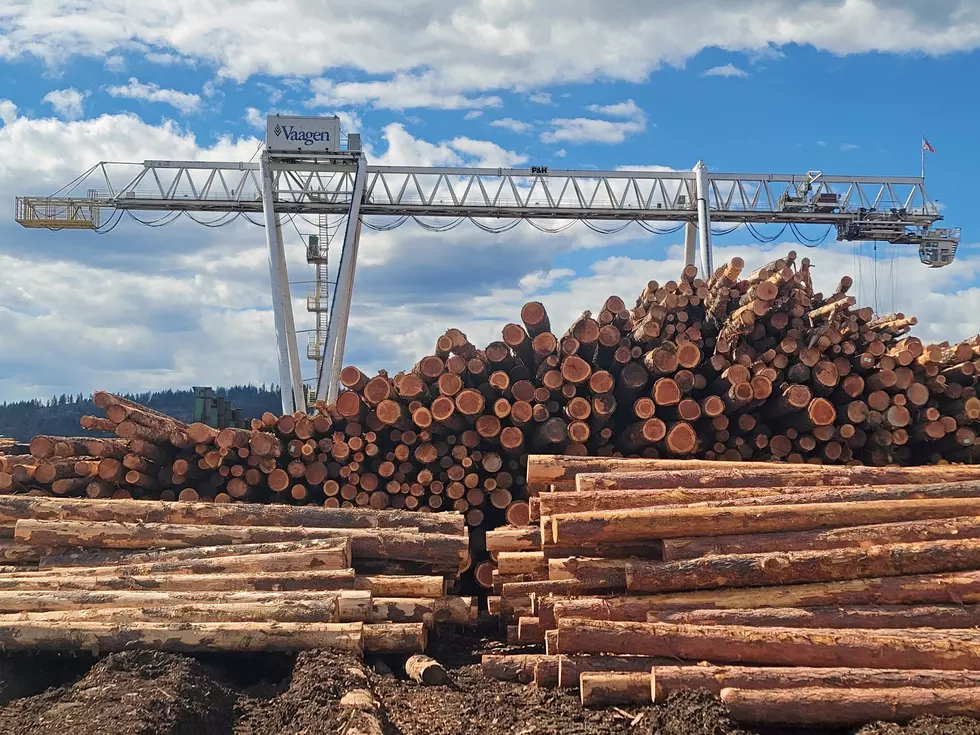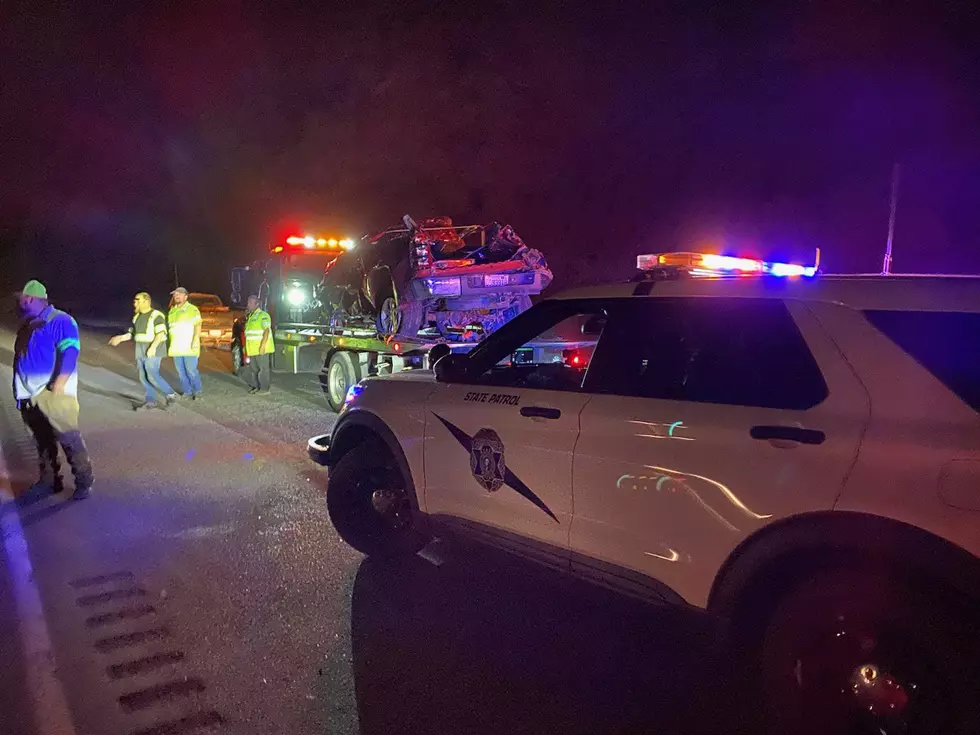
State Supreme Court Decision Allowing Marijuana Business Does Not Overturn Chelan County Ban
A Chelan County ban on marijuana growing businesses remains in place, despite a state Supreme Court decision allowing one operation to reopen.
The high court found that Seven Hills Farm established its business before the county placed a moratorium on marijuana producing operations in 2015, and banned them a year later.
University of Washington Law Professor Hugh Spitzer says the new decision has no bearing on the overall ban. "It doesn't affect anybody else," said Spitzer. "It just allows them to proceed with their operation under the land use rules in effect before the moratorium was adopted. It probably won't have a huge affect on Chelan County because it just involves this one operation."
The decision overturns a unanimous state Appeals Court ruling that favored the county after a similar conclusion by the Chelan County Superior Court.
Professor Spitzer says the high court decision looked at the time line of when Seven Hills acquired its permits to operate and found the business had done so prior to the county's moratorium. "A majority of the court determined that they had gotten the sufficient permits and had moved along far enough so that they were grandfathered."
The high court action was a 5-4 decision, with four justices saying the majority presented a complicated picture to a simple case. The dissenting justices found that Seven Hills did not locate its marijuana producing business in the County until after the moratorium explicitly prohibited it from doing so.
The Supreme Court did back up the lower court decision that Seven Hill's use of propane tanks violated the county's building code. It agreed that Seven Hills installed the tanks without a permit and approval from county inspectors.
But Seven Hills Farm will be able to operate as a marijuana growing business under the Supreme Court's decision released last Thursday.
After Seven Hills procured the relevant permits and began building on its property, Chelan County passed a moratorium on new cannabis related businesses in 2015. While the moratorium was in place, Seven Hills received the necessary state licenses and began operating its cannabis production and processing business.
in 2016, the county passed another resolution that dropped marijuana growing from its a agricultural zoning definitions.
The county then ordered Seven Hills closed as a nuisance, also stating that the business did not have proper permitting and was in violation of the new law.
The Supreme Court determined the County’s moratorium on new pot producing and processing operations did not amend or replace existing zoning ordinances, and that Seven Hills established itself before the county's 2016 resolution.
The Supreme Court also held that the 2016 resolution on agricultural use did not retroactively apply to Seven Hills' operation.
More From NewsRadio 560 KPQ









